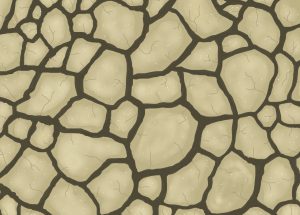
Australia’s ‘wife’ shortage is impacting women’s career progress and men’s time with family
The Wife Drought by Annabel Crabb is an intriguing look at work, home, family balance and gender in modern Australia. Why do men, on average, work an extra four hours a week after the birth of their first child? Why are there still so few women in top level jobs? Crabb suggests both come down to whether or not you have a Wife. She defines a Wife as any person (but usually a partner or parent) who does part-time or no paid work in order to keep life running on the family and home front. A Wife is a huge, almost essential, asset to a person in a high powered career and women in Australia are statistically far more likely to be one than to have one. At the same time she considers how men are missing out. There are pressures not to take parental leave or work reduced hours in order to play a more active role in their family. These cultural patterns result in both partners becoming specialised, women with home and family tasks, men maximising their earning power, in a way that continues the pattern and isn’t necessarily good for either. Really interesting book and interesting ideas to think about.

Is it possible to have a high powered job and a functioning family? It’s a lot easier if you have a ‘Wife’, according to discussion-provoking book, The Wife Drought by Annabel Crabb
Australia’s ‘wife’ shortage is impacting women’s career progress and men’s time with family
The Wife Drought by Annabel Crabb is an intriguing look at work, home, family balance and gender in modern Australia. Why do men, on average, work an extra four hours a week after the birth of their first child? Why are there still so few women in top level jobs? Crabb suggests both come down to whether or not you have a Wife. She defines a Wife as any person (but usually a partner or parent) who does part-time or no paid work in order to keep life running on the family and home front. A Wife is a huge, almost essential, asset to a person in a high powered career and women in Australia are statistically far more likely to be one than to have one. At the same time she considers how men are missing out. There are pressures not to take parental leave or work reduced hours in order to play a more active role in their family. These cultural patterns result in both partners becoming specialised, women with home and family tasks, men maximising their earning power, in a way that continues the pattern and isn’t necessarily good for either. Really interesting book and interesting ideas to think about.